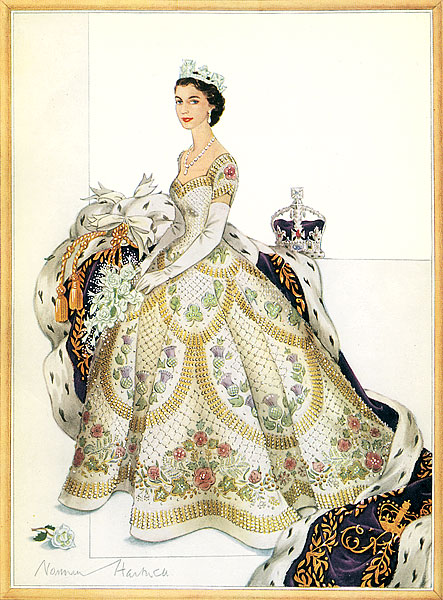 |
| Die Jungfrau (The Maiden) by Gustav Klimt (1862-1918) |
Before the lovely month of June is over with its steamy days and firefly nights, I want to put in a plug for a wonderful novel called Centuries of June. Full disclosure requires me to tell you that the author, Keith Donohue, is a friend and neighbor and that I once profiled him for Bethesda Magazine. But that is neither here nor there when it comes to my admiration for this book. Keith was already the author of two remarkable earlier novels, Angels of Destruction and the bestselling The Stolen Child, so much was expected of novel no. 3 – and much was delivered. Reviewers have called it “vivid,” “ambitious,” “impressive,” and a “tour de force.”
Be prepared for something that’s unlike anything you’ve ever read before. The Washington Post called it “part ghost story, part psychological mystery, and part vaudeville show,” and that’s just a taste of how the book refuses to be pigeonholed.
Waking up at exactly 4.52am on a warm June night, the narrator pads his way to the bathroom, falls and smacks his head open. When he recovers enough to sit up, he discovers an old man who could be his long-dead father – or maybe Samuel Beckett – sitting on the edge of the tub. And it gets curiouser and curiouser from there.
When the narrator leaves the bathroom to fetch his strange guest a glass of whiskey, he pauses at the top of the stairs, thinking he hears a sigh “so delicate it may not have been a sound at all, but only the thought or memory of a whisper from some other point in time and some space beyond the walls or perhaps within the walls themselves. I could not tell whence it came, so I delayed my trip downstairs and sought its source.” And he opens the door to the spare room and finds eight naked maidens entwined on the bed.
“They appeared at once and altogether, a floating cloud, flower and flesh, jumbling of limbs, hands, a bare breast, the curve of a hip, a half-dozen bare arms, skin and hair of assorted hues, some beribboned with garlands, others loose and unbound. Lips, faces at odd, unnatural angles. Eight women in a tangle, pretzeling bodies at rest. All but one of their faces were turned my way. One pair of eyes opened. Another blinked in my direction. The patterns on the blankets shimmered like colored glass in a kaleidoscope, stirring to life. The colors moved like a wave, the blankets parted like the sea. Another woman cracked alert and stared at me, caressed the shoulder of her neighbor as if to wake her, and I stepped back from the threshold and quickly shut the door. Someone sighed again, but I was not sure if this time it was not me.”
Now who wouldn’t want to find out what that was all about?
One by one the women show up in the bathroom and regale the narrator and the strange old man with their stories, which are witty, moving, disconcerting, sexy and everything in between. Like a Hydra-headed Scheherazade, they lead the men - and us - on a feminist romp through centuries of American history. And between each story, we return to the magical bathroom where the time is always 4.52am, the space is never too small for its ever-expanding population, and we become increasingly, uneasily aware that some sort of reckoning is in store for the mild-mannered narrator.
The last half dozen pages of “Centuries of June” are some of the finest and most moving I have ever read, and I hope that one day I manage to write anything half as good. As the firefly dusks give way to the hot nights of the cicadas, go buy this book and let yourself be transported.



